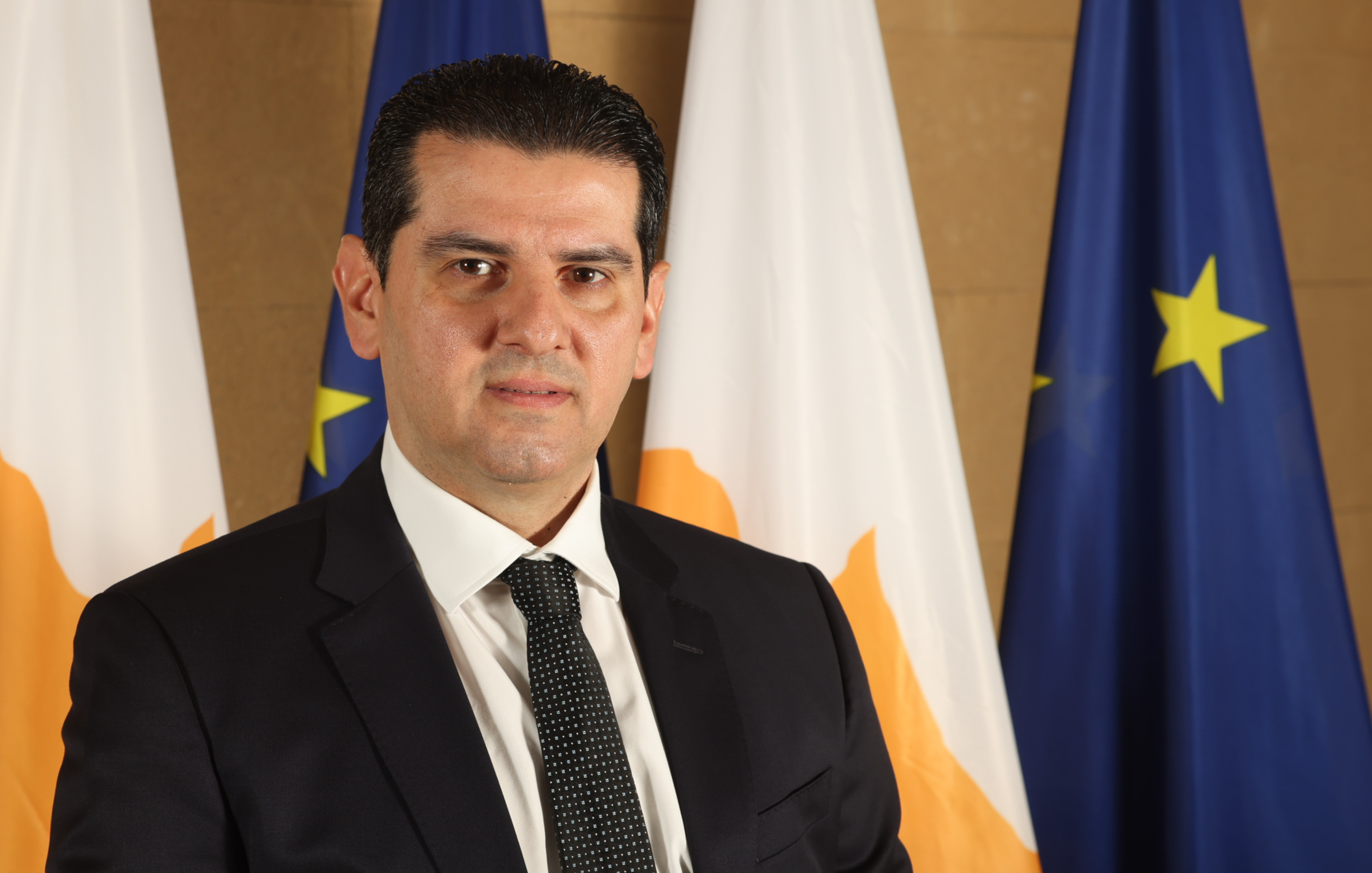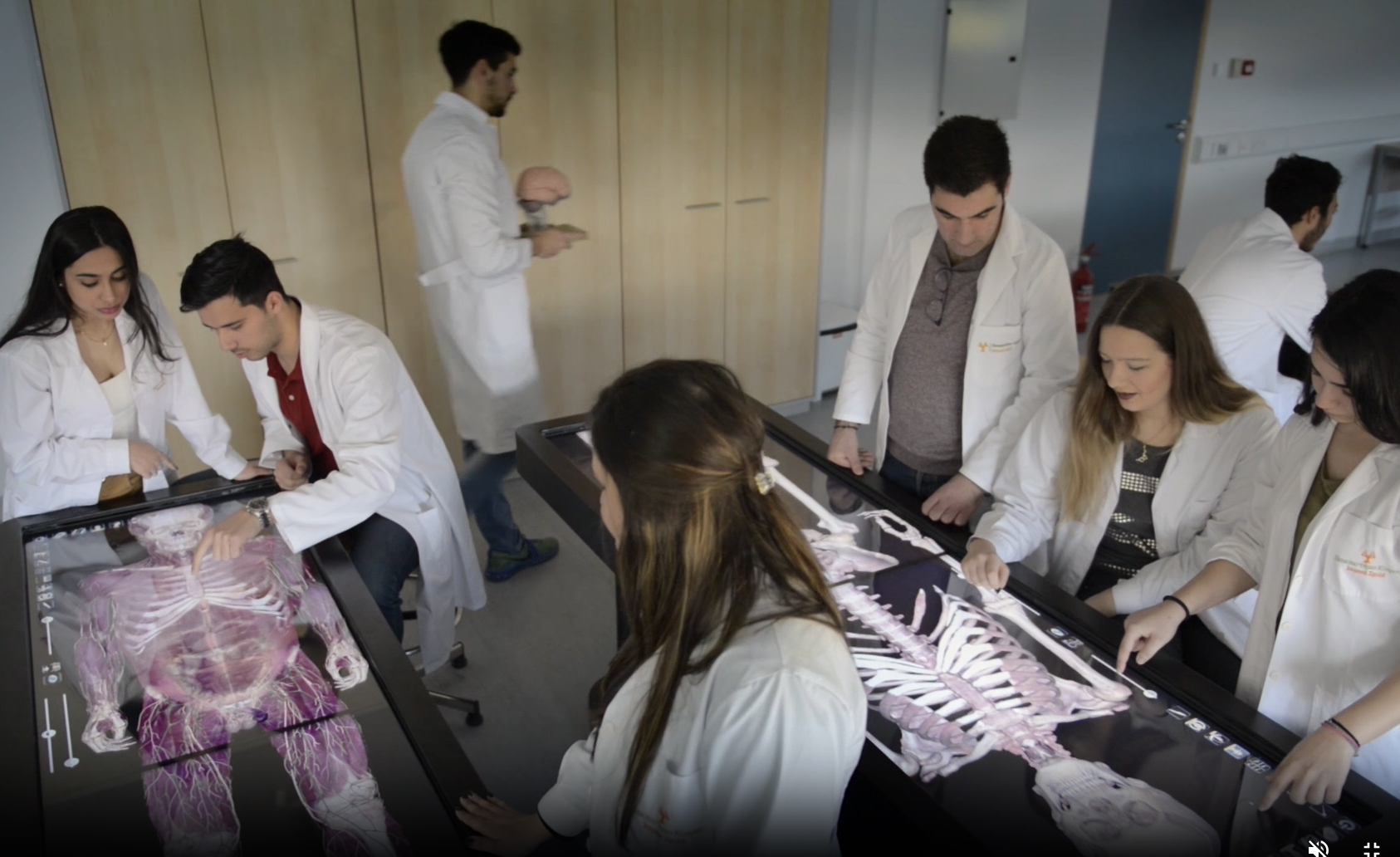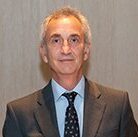Health Minister Michalis Damianou has pledged to have the legislation setting up university clinics ready before the end of the year but is steeling himself for a tough battle with the University of Cyprus.
“We cannot please everyone,” Damianou told the Sunday Mail, adding that legislation had been prepared but it was now the subject of consultations with all interested parties.
“Our intentions are, because it would be very difficult to table legislation that everyone agrees with, at least to have legislation to submit to the legislature that will be to a large degree agreed and proceed with that.”
Fully aware that four health ministers before him have failed to find a formula for setting up university clinics at Nicosia general hospital, Damianou has inaugurated a round of consultations with the interested parties. The main differences are between the University of Cyprus and government doctors’ union Pasyki, which have been at loggerheads over how the university clinics would operate for the last nine years.
The health ministry commenced a new round of consultations in March. Stakeholders were all given the law proposal that was first circulated in 2020 in the first round of consultations and almost all parties responded with their comments, which will be discussed in a second round of meetings. If there is a need more talks will follow, but Damianou wants to finalise the bill and submit it to the legislature as soon as possible.
Securing agreement on most points will increase the probability of the legislation being approved, said the minister.
“If we have a bill, 80 per cent of which has been agreed and there is disagreement over 20 per cent by some, we should clash about that part. When it goes to the House there can be debate only about two points,” he added.
The first attempt to set up university clinics dates back to 2016, when the then University of Cyprus rector Constantinos Christofides sent academic doctors to Nicosia general hospital to start work, leading to a showdown with the government doctors’ union Pasyki, which immediately threatened strike action.
The union had argued that it would never accept having medical professors being put in charge of the clinics at Nicosia general and placing government doctors with years of experience, hierarchically below them. Pasyki also objected to a medical professor collecting two salaries, one from the university and one from the hospital.

The health minister at the time, Giorgos Pamborides, avoided backing UCy, which was forced to back down and the matter was forgotten. The official line at the time was that there were no regulations for the operation of university clinics and that these had to be in place before they were opened. The union also had the support of the parties in the legislature.
Several years passed without anything being done, Pasyki having won the argument, and the UCy medical school – founded in 2013 – operating without university clinics. The medical schools of the two private universities, meanwhile, signed agreements with the public hospitals in Larnaca, Limassol and Paphos so their students could receive practical training from the government doctors working there.
Damianou does not agree with the position of UCy about the heads of the university clinics being academic doctors.
“We cannot have the heads of the university clinics being both academics and clinic doctors at the same time. They can only be one of the two. Such matters are a case of black or white,” he said.
This is fully aligned with the argument of Pasyki, which does not want professors from the UCy medical school being put in charge of hospital clinics.
Christofides told the Sunday Mail this would be a “disastrous decision”.
“It is unheard of for university clinics to be run by hospital doctors instead of medical professors with a broader medical knowledge and experience,” he said.
“If the hospital doctors are placed in charge of the university clinics it would be a catastrophe. Having hospital doctors with no academic background, in charge of the university clinics of a medical school is unheard of; it does not happen anywhere in the world.”
The line of the UCy medical school has always been that it could place highly experienced medical professors in charge of Nicosia general hospital clinics, thus benefiting patients.
While agreeing with the theory, Damianou points out that “in nine years it has not brought anyone and will not do so now,” before bluntly explaining that UCy is in no position to dictate how the university clinics should be run.
“We have something stable which are the hospitals of this state, of Okypy, we have another thing that is stable which are the doctors of the hospitals who are public employees. This is also a constant, it is not something that will change, the doctors will not disappear,” he said.
“The only thing that is not stable is the University of Cyprus. It has no hospital, the hospital is mine, and also belongs to the doctors who work there. It does not belong to the Cyprus university.
“So if the university thinks it will bring doctors from abroad where would it put them? It has no hospital nor will doctors of the public sector tell them, ‘please come and we will give you our beds that make money, so they will not make money and become university beds, so you can carry on being paid two salaries as academic doctors, while you incur a loss, we make the profit and you get paid’.”
This was not normal, but just “university talk” he said. If the university wanted to spend €200 million to build a university hospital it was free to do so, but Cyprus did not have this luxury.
Damianou believes in the gradual approach to creating university clinics. Under this scenario, academic doctors would enter the hospital to work with the doctors already there, and gradually, with the passing of time, the clinical doctor would be replaced by the academic doctor. An academic doctor aged 45 would not be head of the clinic, but in five or 10 years, when the existing head retires, he or she would become the clinical director.
“But if we think in one or two years we will set up university clinics, as if we were Harvard, we are fooling ourselves and it is the reason that in the last nine years we have done nothing.”






Click here to change your cookie preferences